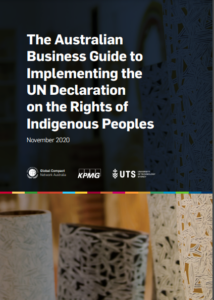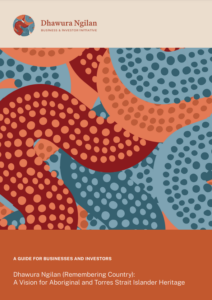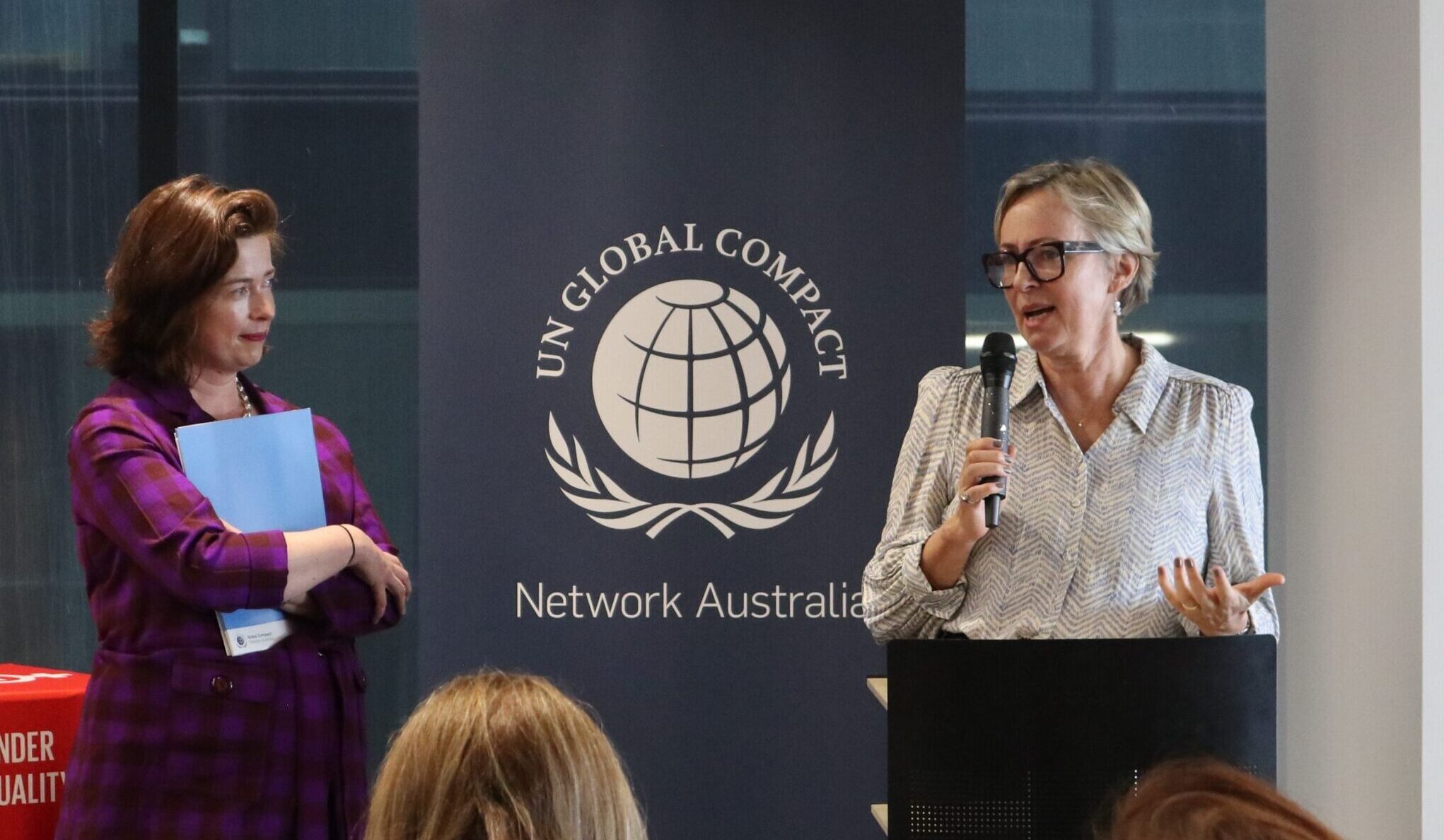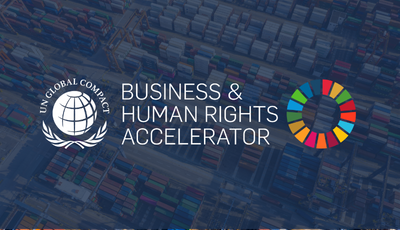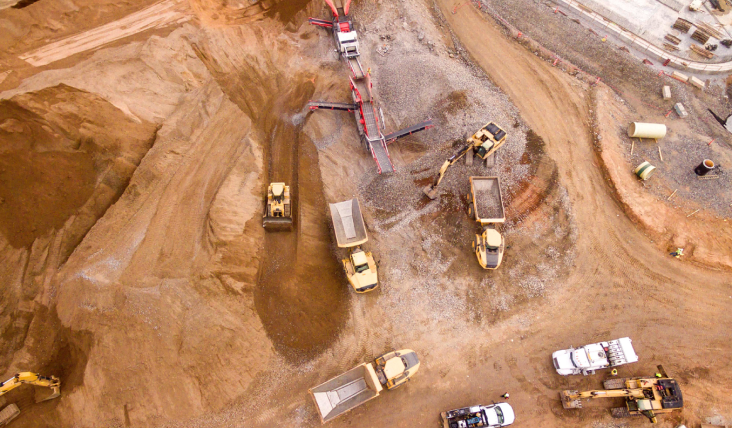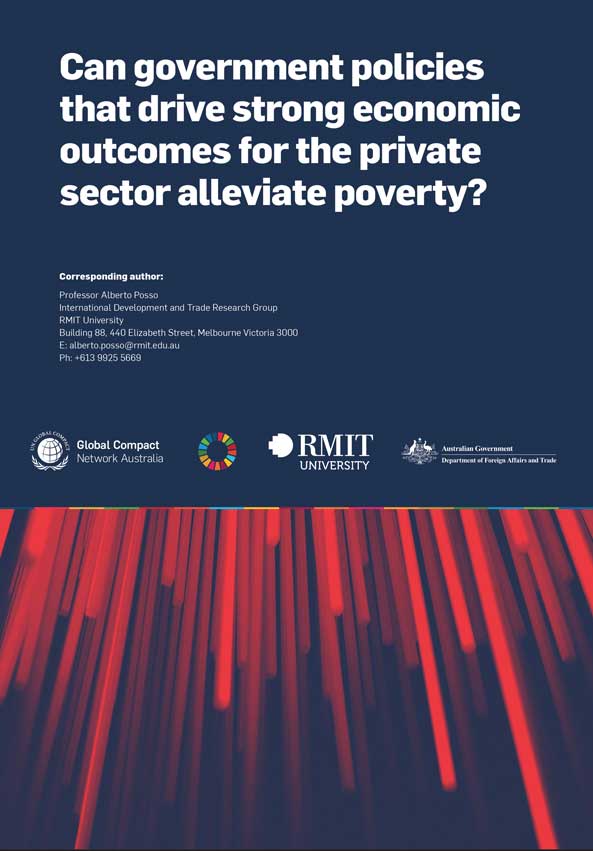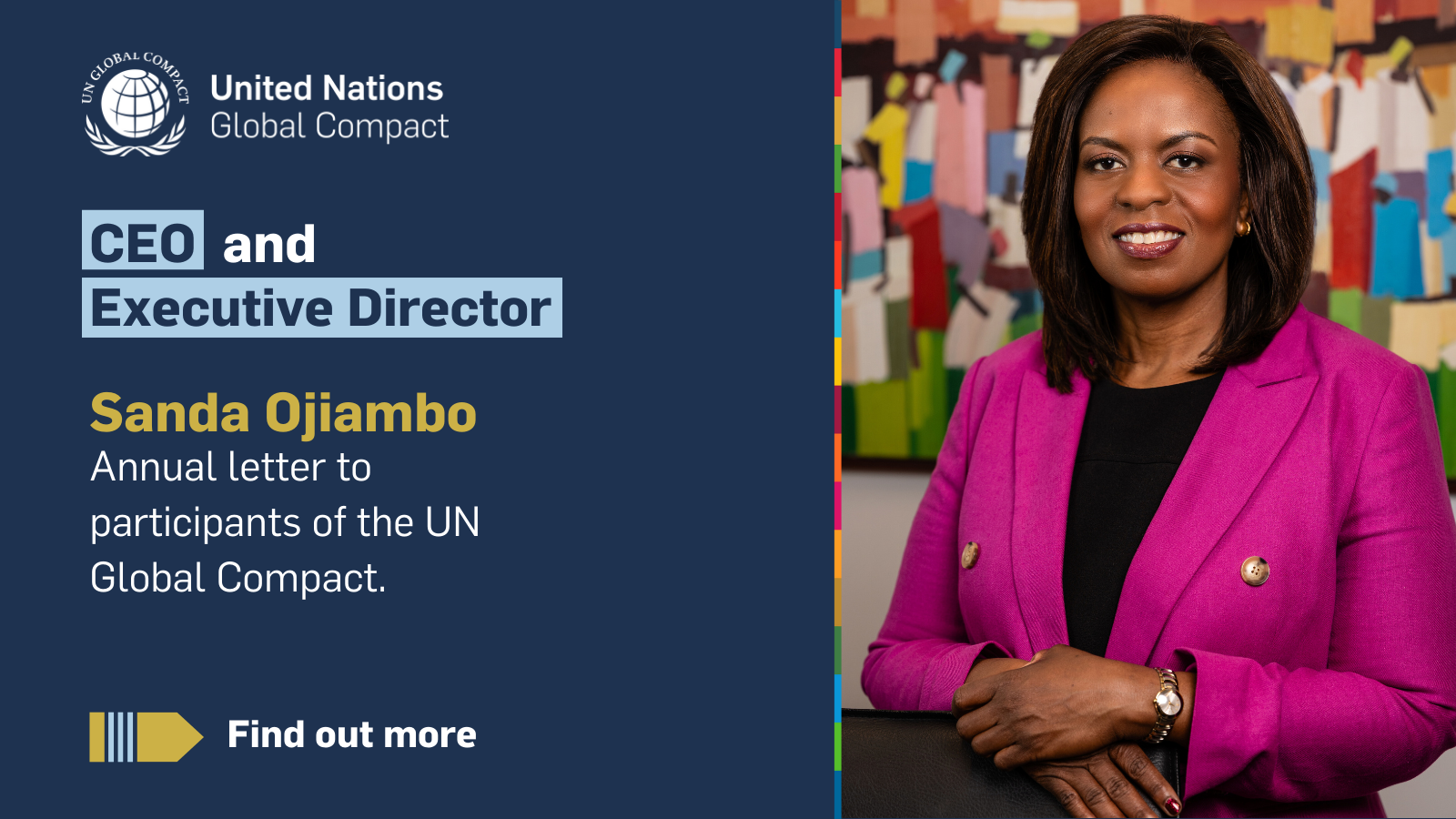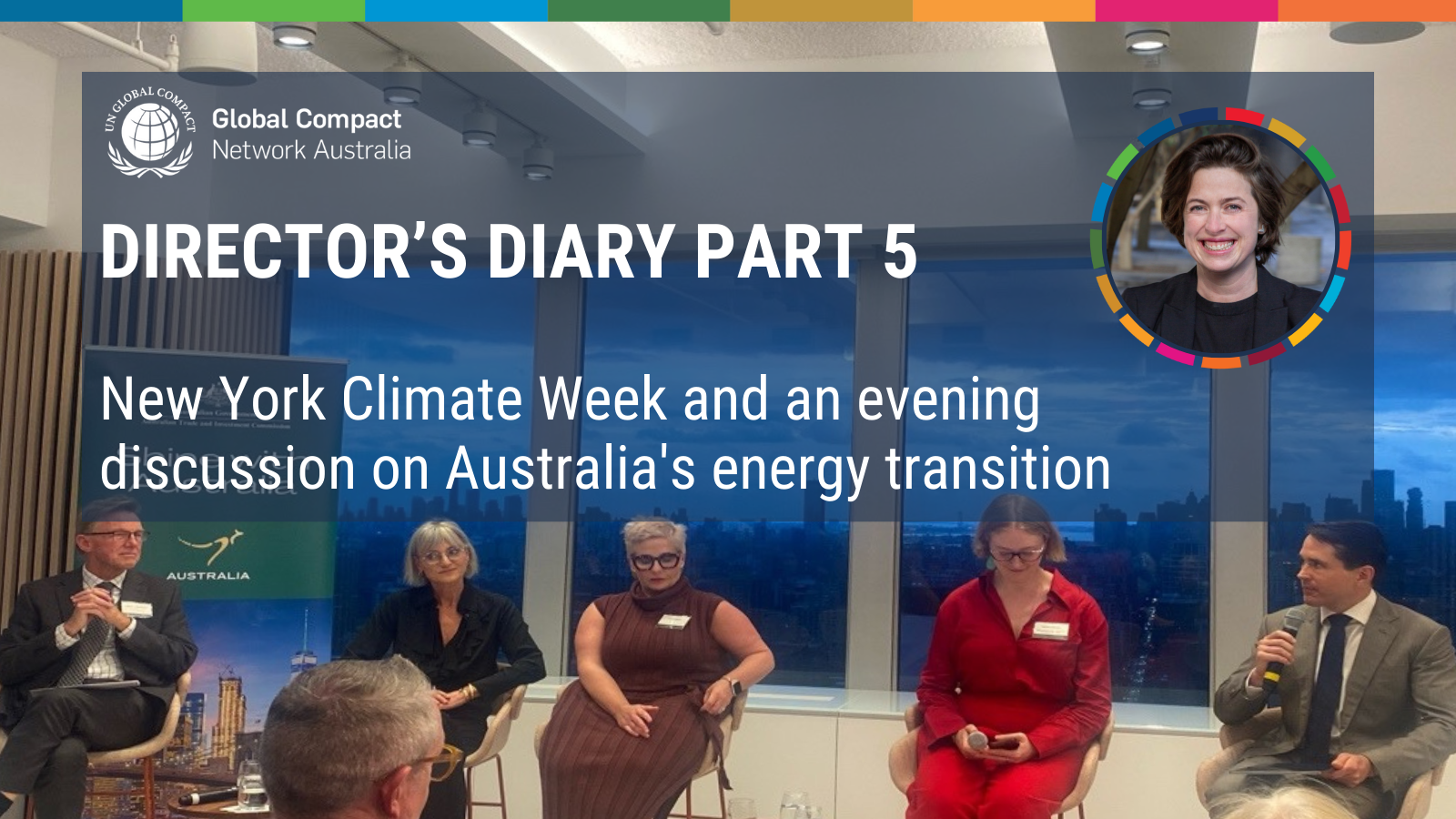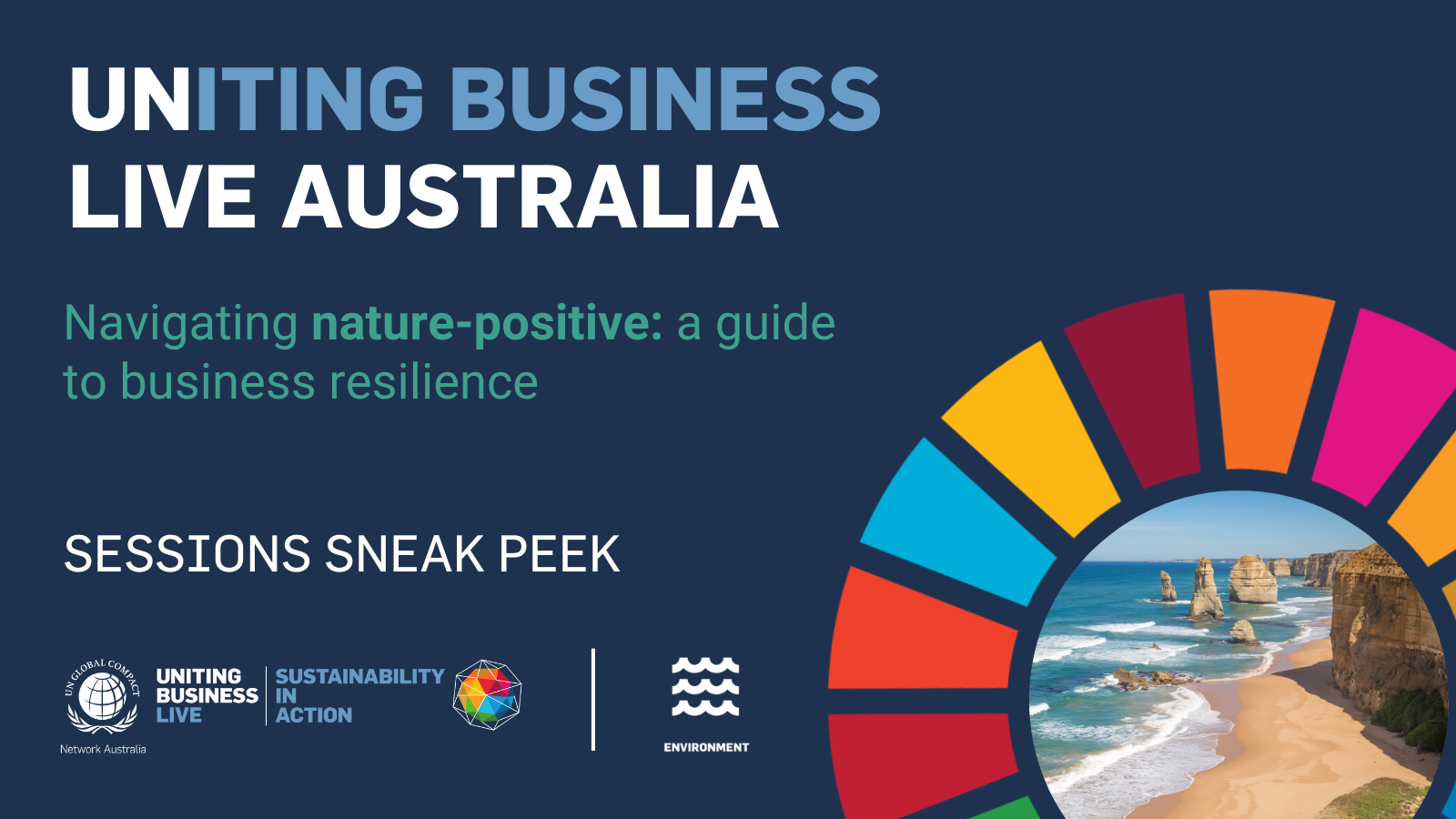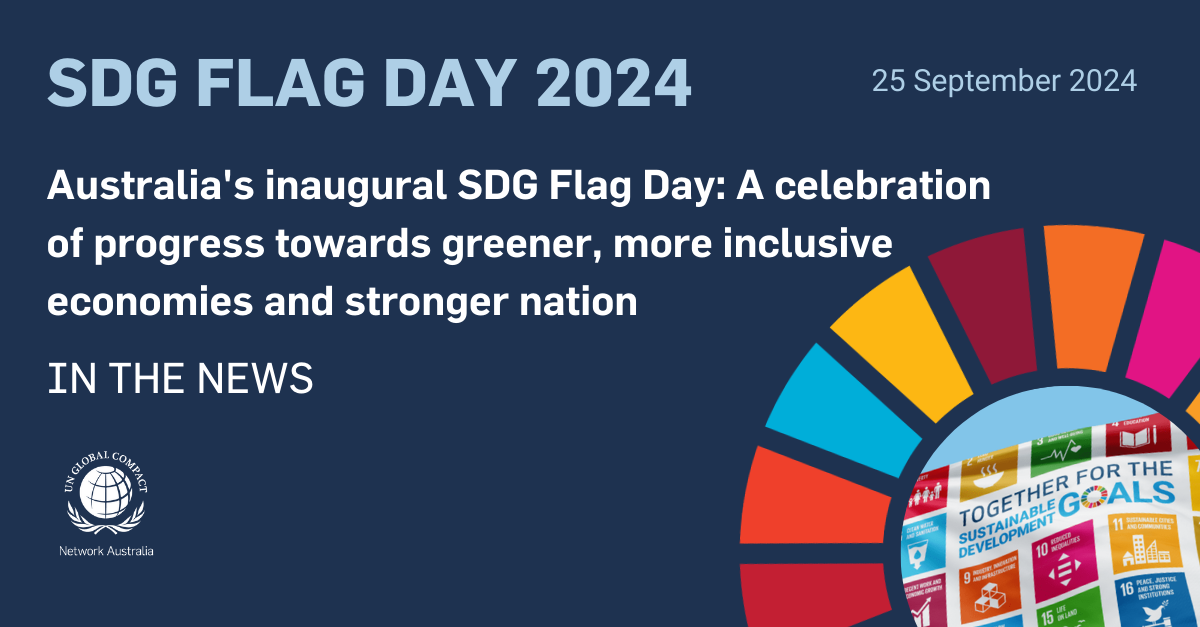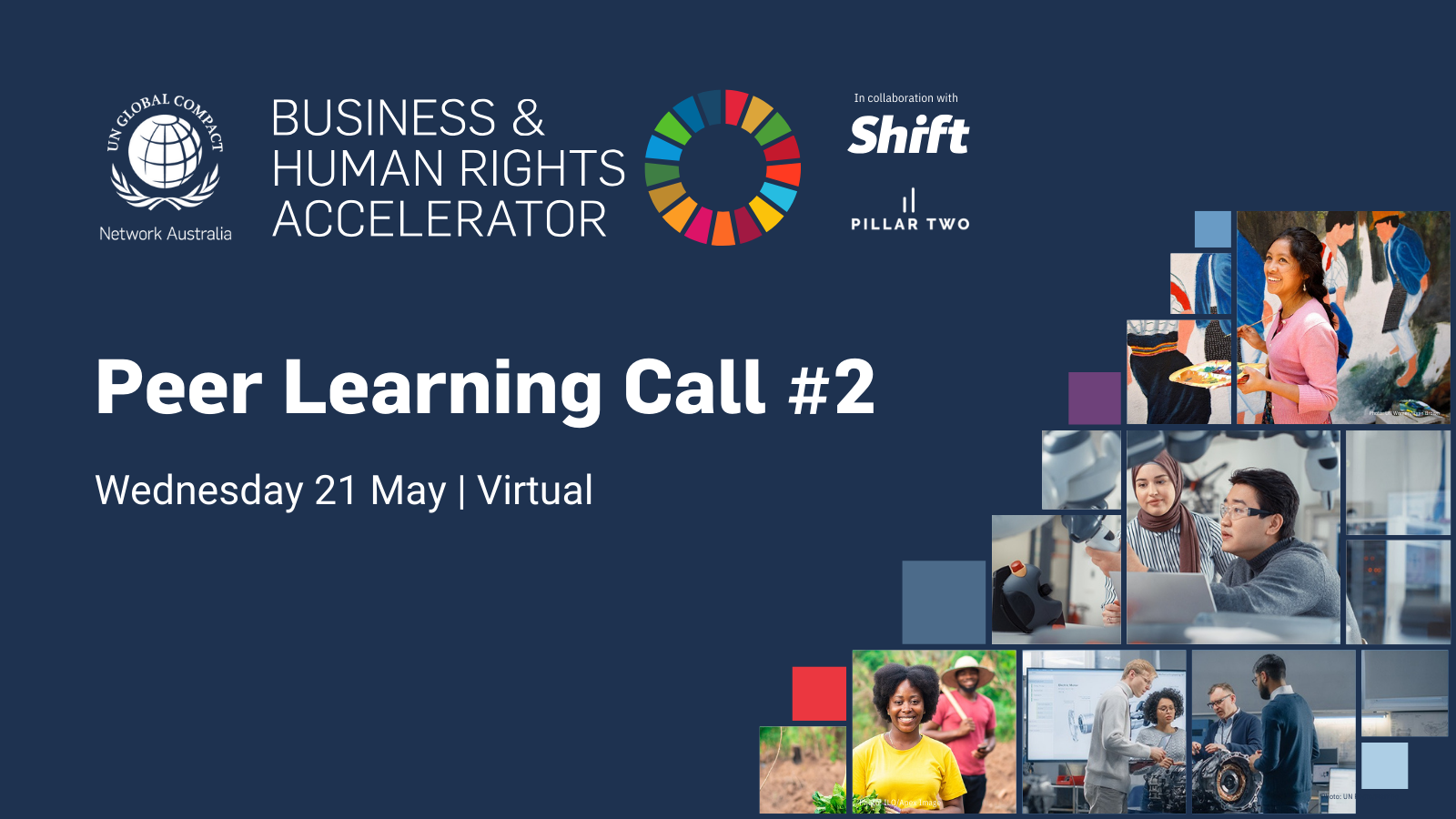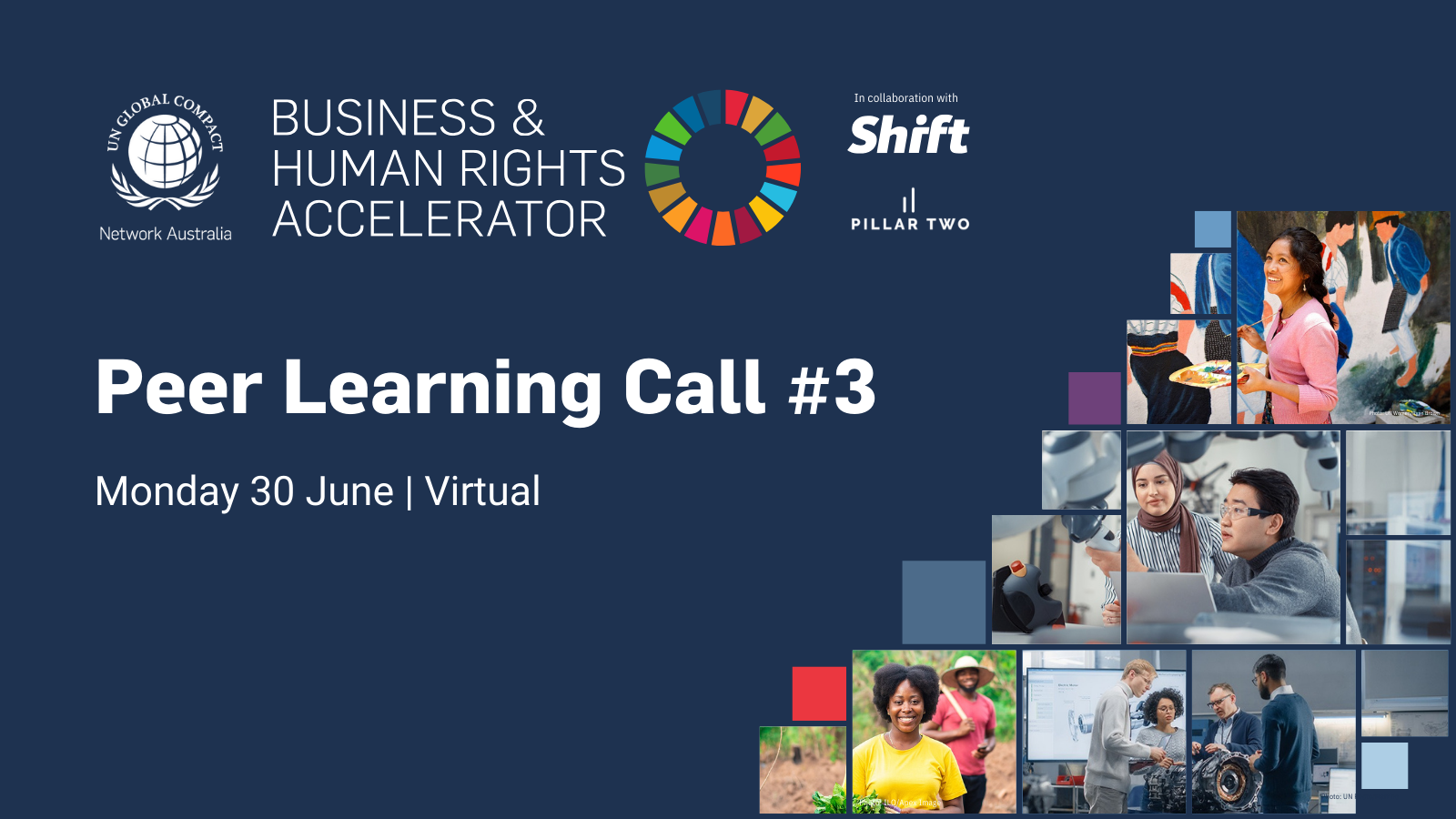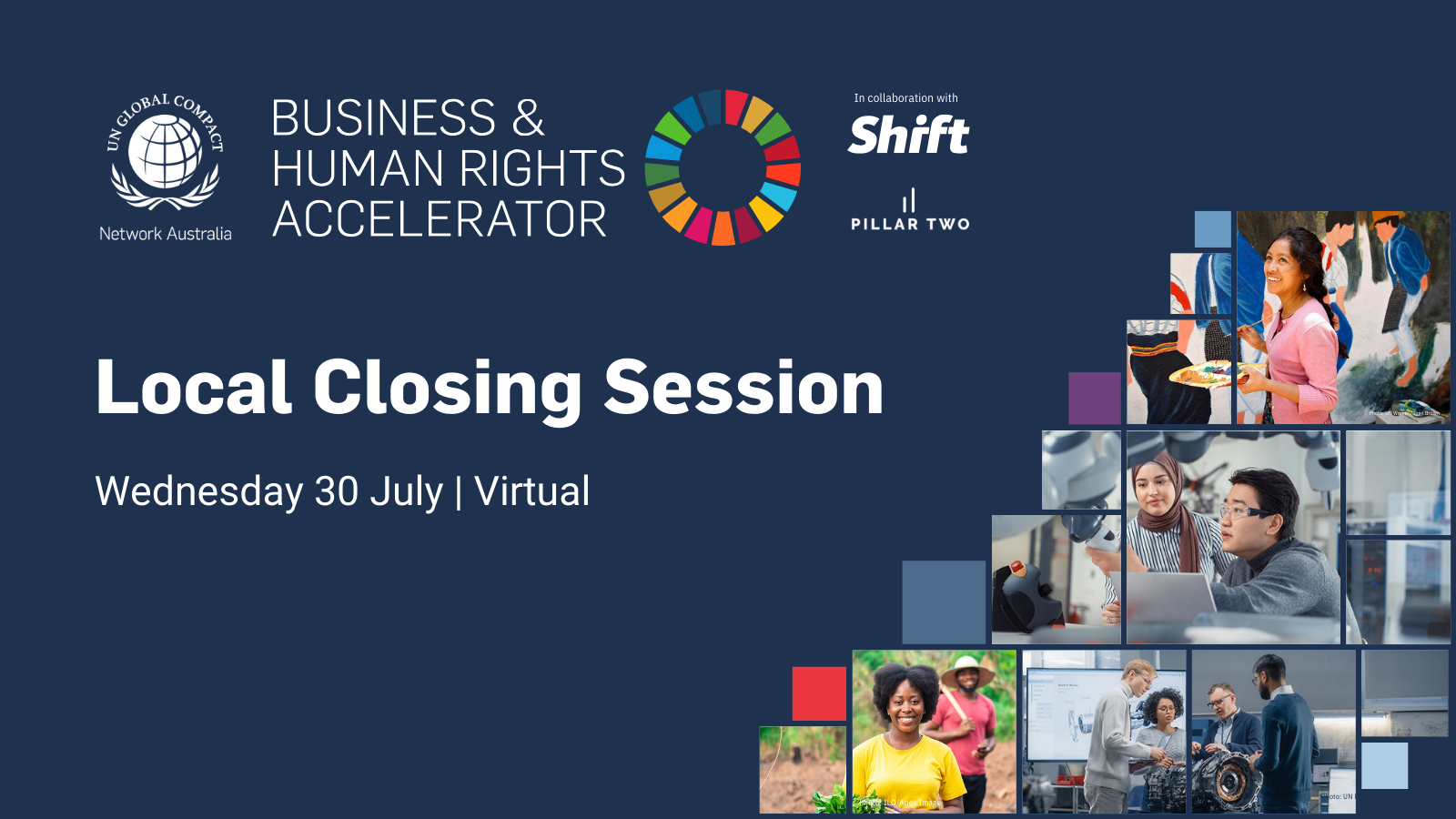Many Australian businesses directly impact on Indigenous land and Peoples. Businesses across all sectors in Australia contribute to the growth in jobs for Aboriginal and Torres Strait Islander peoples, and an increasing number of businesses are adopting Reconciliation Action Plans and programs that work towards reducing inequalities, through Indigenous employment, procurement and respect for culture.
However, there are still gaps in equity, equality and cultural acceptance that have widened the trust deficit between Indigenous and non-Indigenous peoples. It is important for corporate Australia to consider its role in leading the discussion around reconciliation, and the avenues that are available for both symbolic and practical action.
Indigenous Peoples are entitled to all human rights established under international law. In recognition of Indigenous Peoples’ status as culturally distinct and self-determining peoples, and the unique challenges they have historically faced, the UN Declaration on the Rights of Indigenous Peoples was developed to recognise Indigenous peoples’ individual and collective rights.
Within Australia, the private sector has a significant opportunity and responsibility to help ‘Close the Gap’ and show respect and support for the human rights of First Nations peoples. A rights-based approach to First Nations engagement can even strengthen business’ positive impacts.
Many businesses are finding that respectful, positive engagement with Indigenous Peoples can bring a range of benefits including stronger relationships with communities and other stakeholders, reputational benefits, employee engagement, recognition from investors, and the ability to partner with and learn from Indigenous Peoples.
The Australian Business Guide to Implementing the UN Declaration on the Rights of Indigenous Peoples
|
|
The UN Global Compact Network Australia released a Business Guide on the UN Declaration on the Rights of Indigenous Peoples (UNDRIP) and Indigenous Australia in November 2020, to provide practical guidance for business to understand, respect, support the rights of Indigenous Australians, and embed those rights into business practices. Read here. |
Get Involved
The UN Global Compact Network Australia convenes an annual multi-sector, multi-stakeholder Business and Human Rights dialogue. Register your interest at secretariat@unglobalcompact.org.au.
Contact us
To find out more about our Business and Human Rights workstream, contact:

Dhawura Ngilan Business and Investor Initiative
The UN Global Compact Network Australia is a founding support partner to the Dhawura Ngilan Business and Investor Initatiative.
While the protection of Indigenous Cultural heritage within Australia has been carried by Indigenous Peoples and communities for centuries, the destruction of the Juukan Gorge in 2020 highlighted the vital role of business in ensuring this protection is carried on by others. The disaster also served to reinforce mainstream recognition of Indigenous Peoples’ connection to and identification with land and waters, and the interconnectivity of spiritual, cultural, and physical well-being derived from Country. Importantly, this recognition also comes at a time when stakeholder expectations of businesses and investors to respect human rights, particularly those of Indigenous communities, continue to rise.
In 2020, the Dhawura Ngilan publication established a Vision for Aboriginal and Torres Strait Islander heritage in Australia and Best Practice Standards in Indigenous cultural heritage management and legislation. This vision provided an Australia-specific roadmap for the protection of cultural heritage within the legislative agenda, embedded within the right to self-determination of First Nations peoples in Australia. However, the need for deeper and more meaningful understanding, protection, and respect for Indigenous rights within the private sector is clear.
The Dhawura Ngilan Business and Investor Initiative, led by the First Nations Heritage Protection Alliance with support from the Responsible Investment Association of Australasia and the UN Global Compact Network Australia seeks to enable businesses and investors to bring the Dhawura Ngilan vision to life in a meaningful way within the private sector. The Initiative is working to accomplish this through comprehensive rightsholder and stakeholder consultations with Aboriginal and Torres Strait Islander organisations and leading businesses throughout Australia, and designing a sustainable engagement process which incorporates Indigenous voices into corporate decision making for the long term.
Dhawura Ngilan Business and Investor Guide
|
|
The Dhawura Ngilan Business and Investor Guides are the only First Nations-Led Guides on the Protection of First Nations Cultural Heritage in our region.The Business and Investor Guide provides detailed guidance on how to operationalise the Dhawura Ngilan Principles. Recognising that different types of business operations can impact human rights in different ways, each of the six sections in the Business and Investor Guide outlines a series of Key Actions associated with each Dhawura Ngilan Principle for different types of businesses. The Guide also provides tailored guidance to assist investors to integrate cultural heritage considerations into decision-making, including during due diligence, assessing disclosures, corporate engagement, and stewardship. Read here. |
If you are a UNGCNA participant and would like to get involved with the Dhawura Ngilan Business & Investor Initiative, please contact our Manager, Human Rights.
For more information on the current work of the Initiative, visit the First Nations Heritage Protection Alliance website.


